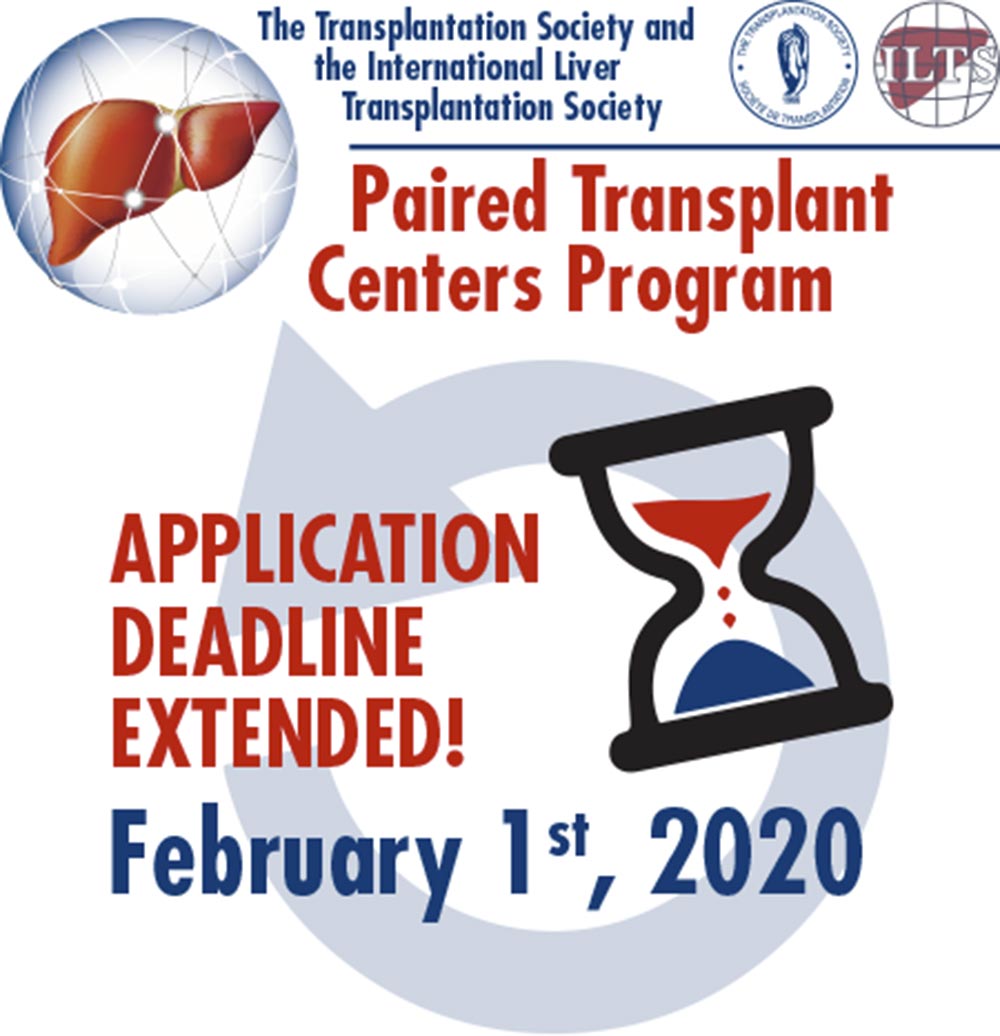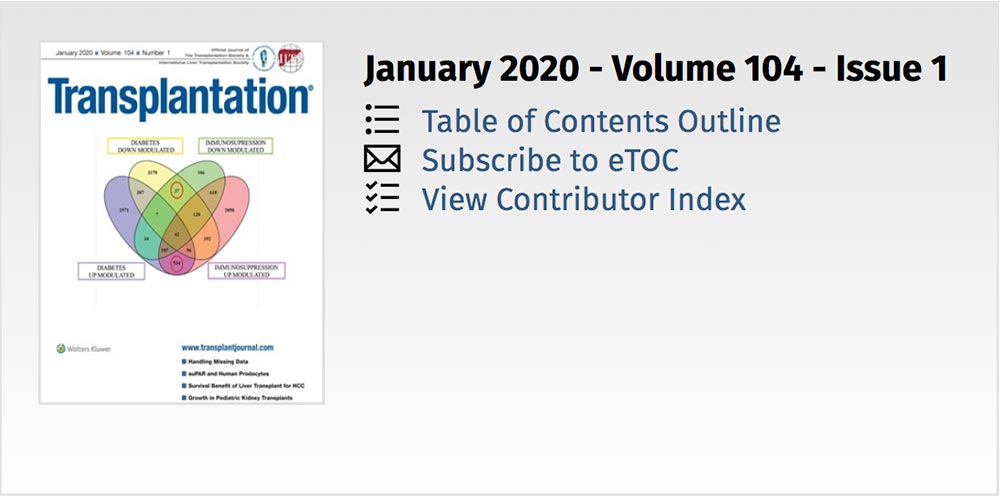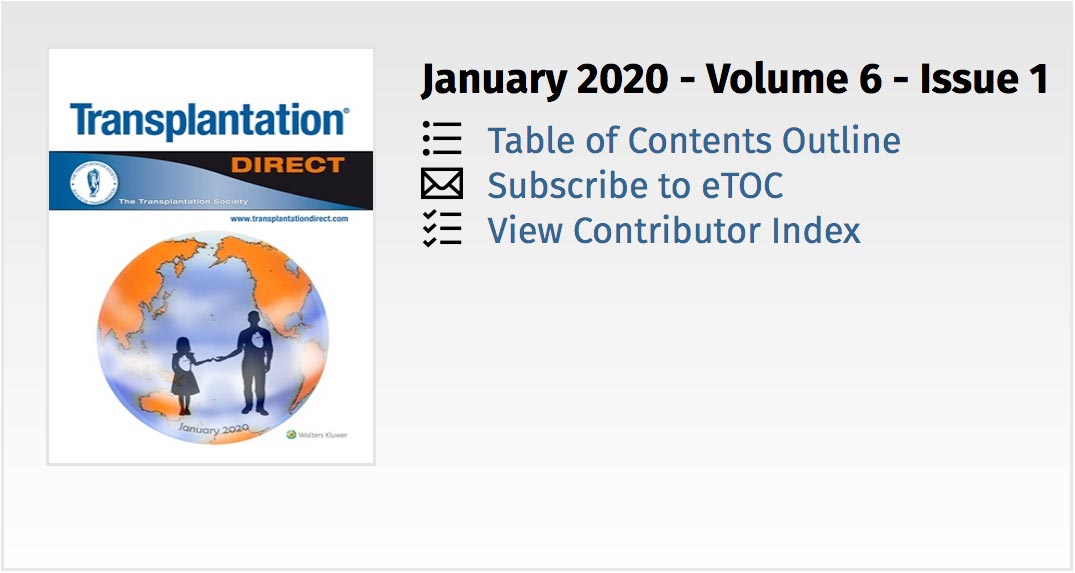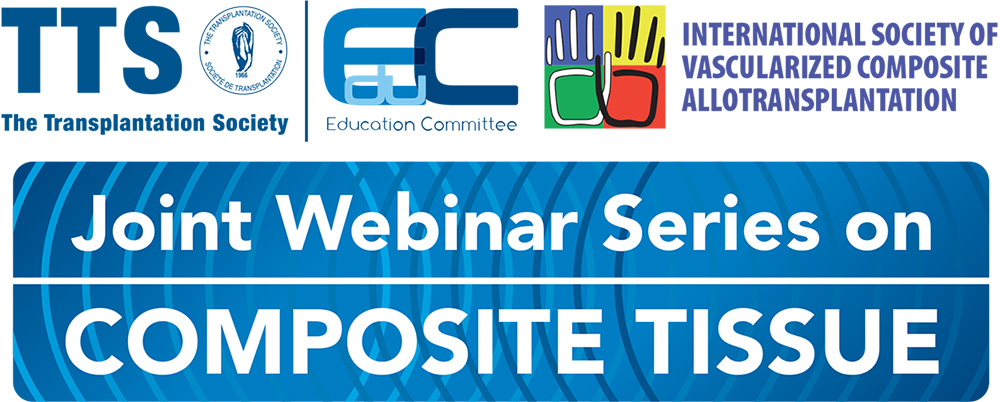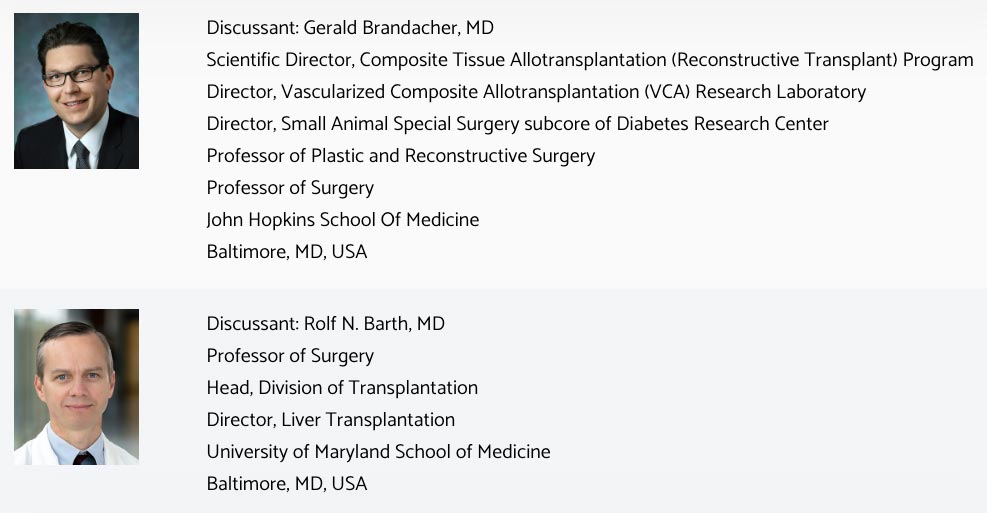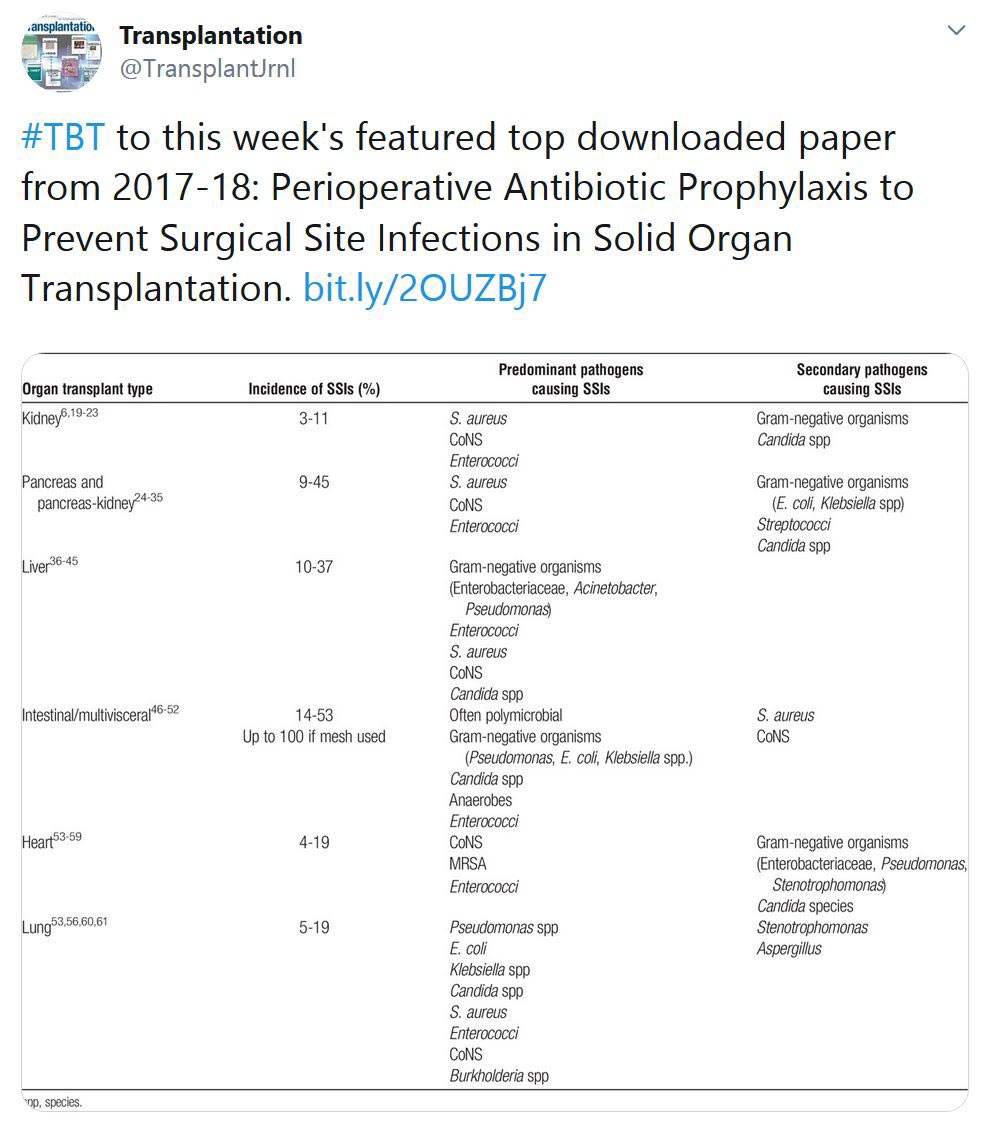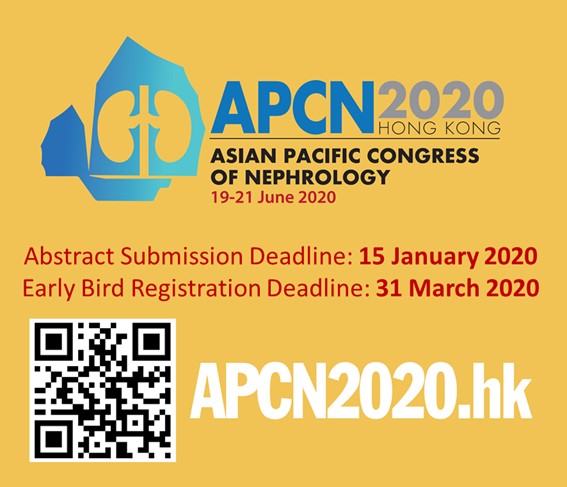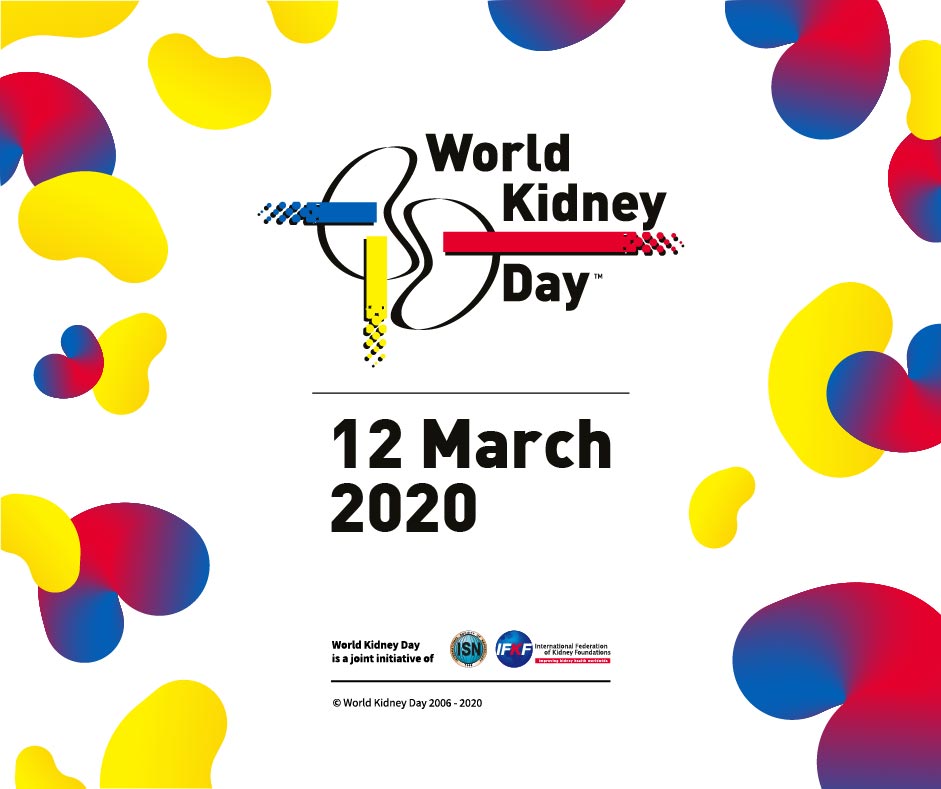
TTS-ILTS PAIRED TRANSPLANT CENTERS PROGRAM
The TTS-ILTS Paired Transplant Centers Program is a collaboration between The Transplantation Society (TTS) and the International Liver Transplantation Society (ILTS) supporting new liver transplant programs in emerging countries.
YOUNG MEMBERS' SCIENTIFIC AWARDS

In order to help young members offset expenses to attend our Congress in Seoul, TTS 2020 will be offering Young Investigator Awards and International Transplantation Science Mentee-Mentor Awards. Award recipients will be selected on scientific merits (abstract submission deadline February 18, 2020).
Young Investigator Awards
To be eligible for the Young Investigator Awards, you need to apply by March 23, 2020, submit an abstract to the Congress, be a trainee (within 2 years of completion of their training and/or fellowship) and be a member of TTS.
International Transplantation Science Mentee-Mentor Awards
TTS in collaboration with National and International Societies acknowledges the contribution of basic science to the field of transplantation by offering Mentee-Mentor awards.
To be eligible, you need to apply by March 23, 2020, submit an abstract to the Congress, be a graduate student or trainee (within 5 years of receiving PhD, MD), both Mentee and Mentor must attend TTS 2020 and be member of both TTS and confirmed supporting Societies.
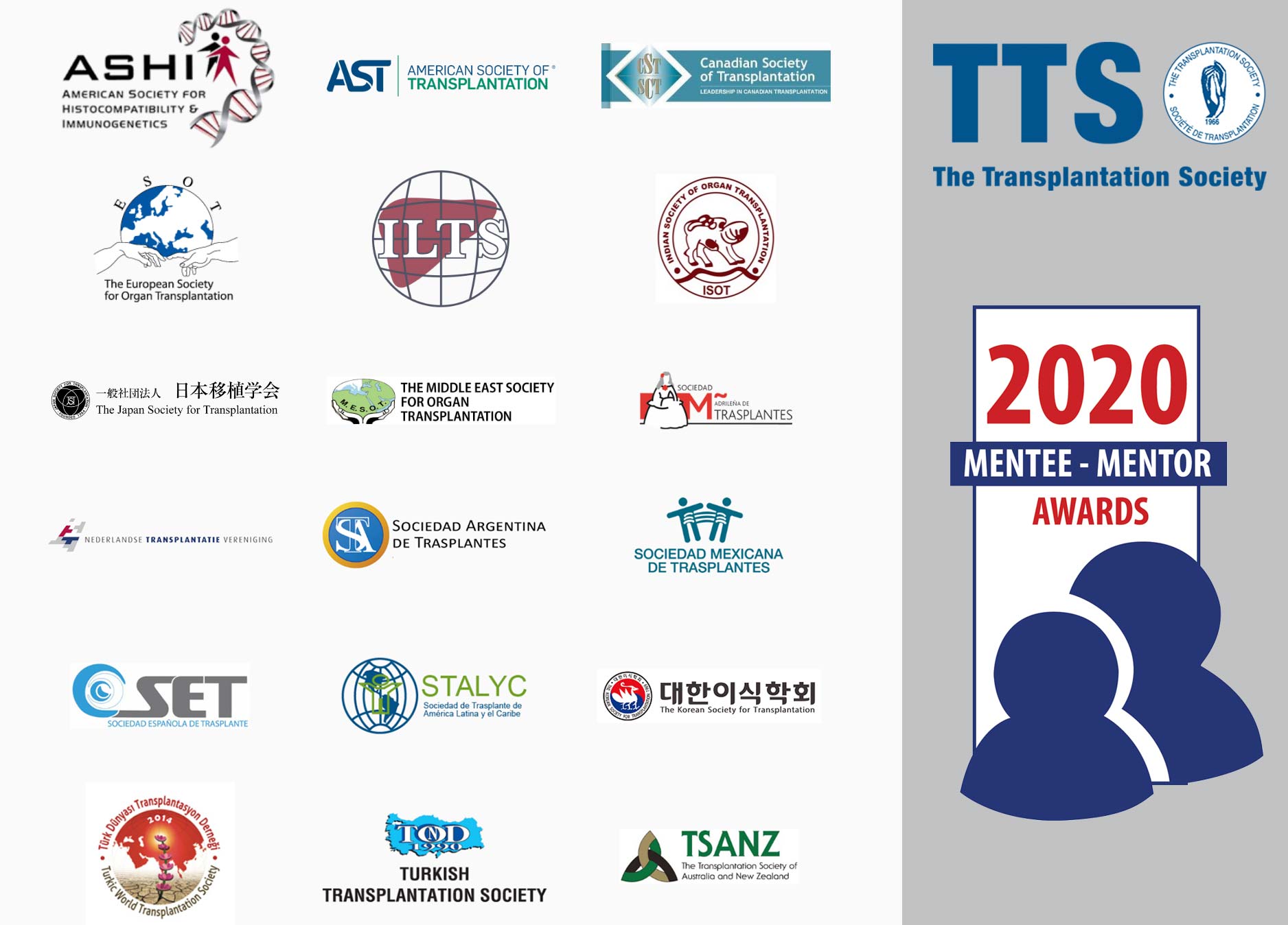
CLICK HERE FOR MORE INFORMATION
Abstract Submission NOW OPEN!
Submission deadline: February 18, 2020
If you are a TTS Member, we have setup an account for you in the system. You can retrieve your login credentials in the TTS Members area of tts.org.
JUST RELEASED - TRANSPLANTATION - JANUARY ISSUE
This issue presents everything from how to handle missing data through to 25 year growth outcomes in paediatric renal transplants. There are several promising papers on understanding liver transplant damage and preservation, the impact of normothermic perfusion of kidneys, and better understanding of the limitations of anti BAFF therapy as well as options for using FcRn to advantage in managing antibodies. Overview of APOL1 genotyping and the practical implications for donor assessment will be useful reading.
CLICK HERE TO ACCESS THIS ISSUE
TTS MEMBERS - CLICK HERE TO SIGN-IN FOR OPEN ACCESS THROUGH TTS.ORG
JUST RELEASED - TRANSPLANTATION DIRECT - JANUARY ISSUE
The new year begins with Transplantation Direct! The January 2020 issue offers articles on a variety of topics, beginning with a study comparing tacrolimus+everolimus use with tacrolimus+MMF in ABO incompatible kidney transplant recipients; another article tests advantages of late conversion from CNIs to belatacept in kidney transplant recipients with diabetes. An interesting study examines perioperative parameters that associate with development of acute respiratory distress syndrome in liver transplant recipients. This issue also features several case studies with reviews of the literature on using the somatostatin analogue octreotide as a novel therapy for recurrent IgA nephropathy in kidney transplant recipients, on a treatment option for renal arteriovenous fistula development post kidney transplantation, on introduction of de novo belatacept use in a kidney-after-heart transplant recipient, and on tacrolimus-induced optic neuropathy treatment after a multivisceral transplantation. We also publish a technical report on important confounding factors that affect CXCL10 measurements in urine. In addition, a systematic review and qualitative synthesis is performed with the aim of studying interactions and relationships between organ donation process role players. We look forward to more advances in 2020 in the field of transplantation, and hope that you will continue to tune-in to Transplantation Direct.
TTS CALL FOR NOMINATIONS (PRESIDENT-ELECT, SECRETARY, TREASURER AND COUNCIL)
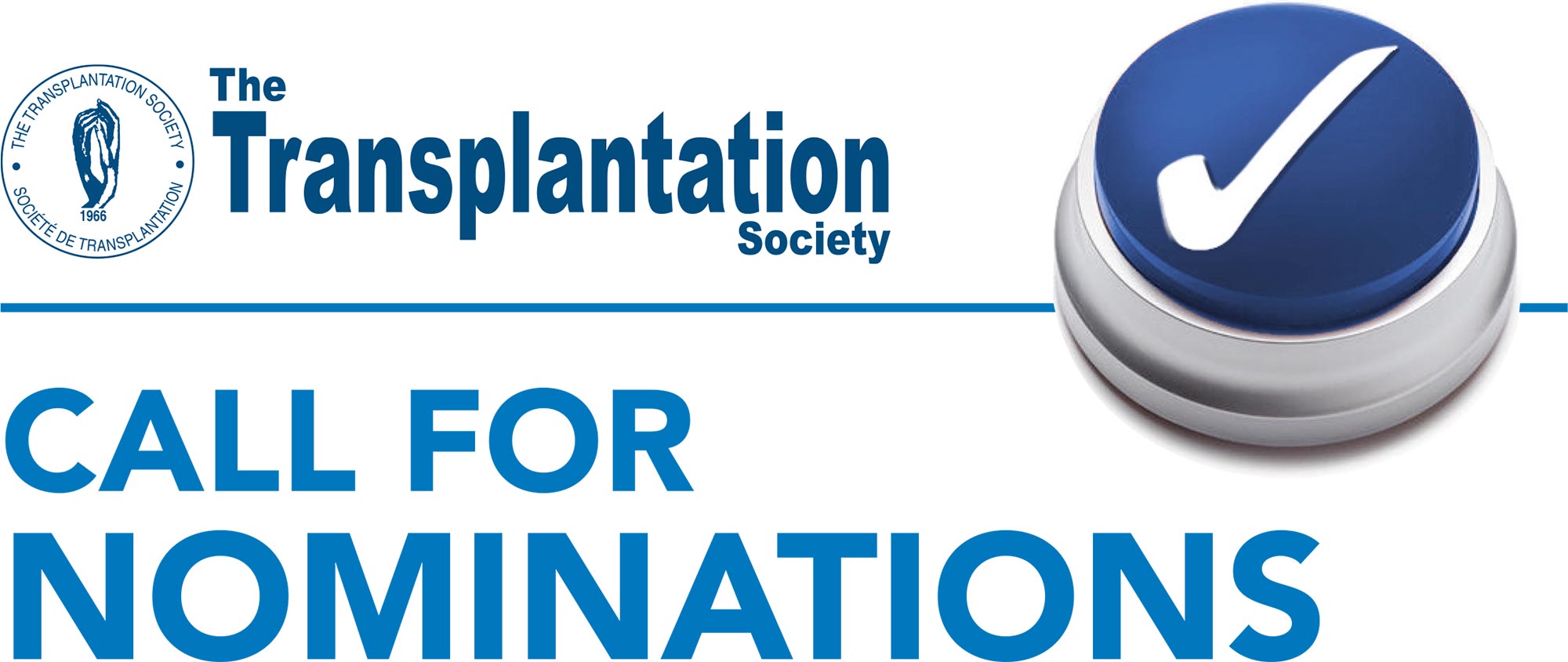
In 2020, three Officer positions will be vacated and 7 of the 12 Councilors-at-large representing the Regions will be changing. The elections will take place early in 2020 and those elected will assume their new roles starting at the 2020 TTS Congress in Seoul.
Members can access the online nominating form at www.tts.org/nominations. Since each nominee must have his or her form signed by three supporting members (including him/herself), the online process allows for efficient and rapid circulation.
THE NOMINATION DEADLINE IS FEBRUARY 14, 2020.
Please note:
- As successive presidents may not be from the same Region, members from the North America region who would have otherwise been eligible to become President-Elect are not eligible in these elections.
- Only full members who have served a full term on Council and have paid their dues are eligible for the Officer positions (President-Elect, Secretary and Treasurer).
- Only full members who have paid these dues are eligible to be nominated for Council.
- Only full members who have paid their dues may nominate and/or vote.
For more information on elections, visit the TTS website and consult the By-Laws in the “About” section.
Nominations are being sought for these positions
Officer Positions:
- President-Elect
- Secretary
- Treasurer
TTS Regions:
- Asia (2)
- Europe (1)
- Latin America (2)
- North America (2)
MONDAY, JANUARY 27 - WEBINAR ANNOUNCEMENT
TITLE: IMMUNOLOGY OF VCA
MONDAY, JANUARY 27, 2020 3:00PM EST (MONTREAL TIME)
Objectives:
To provide an overview on similarities and differences identified in VCA vs solid organ transplants.
TRANSPLANTATION - HIGHLIGHTED ARTICLE

Dr. Joel Thomas Adler, Editorial Fellow, Transplantation
Wide variation in the percentage of donation after circulatory death donors across donor service areas – a potential target for improvement
Sonnenberg EM, Hsu JY, Reese PP, et al.
Transplantation: Publish Ahead of Print DOI: 10.1097/TP.0000000000003019
Donation after circulatory death (DCD) represents a potential source of potentially viable organs. In a study of the performance of various Organ Procurement Organizations and various explanatory demographics for DCD, Sonnenberg and colleagues found that only 46% of this variability could be explained by measurable factors. This suggests a role for different policy interventions and incentives to encourage consideration of all possible organ donors.
TRANSPLANTATION - WEEK'S MOST DOWNLOADED PAPER
IN THE NEWS
THE 3 MOST IMPORTANT HEALTH INNOVATIONS OF THE PAST DECADE
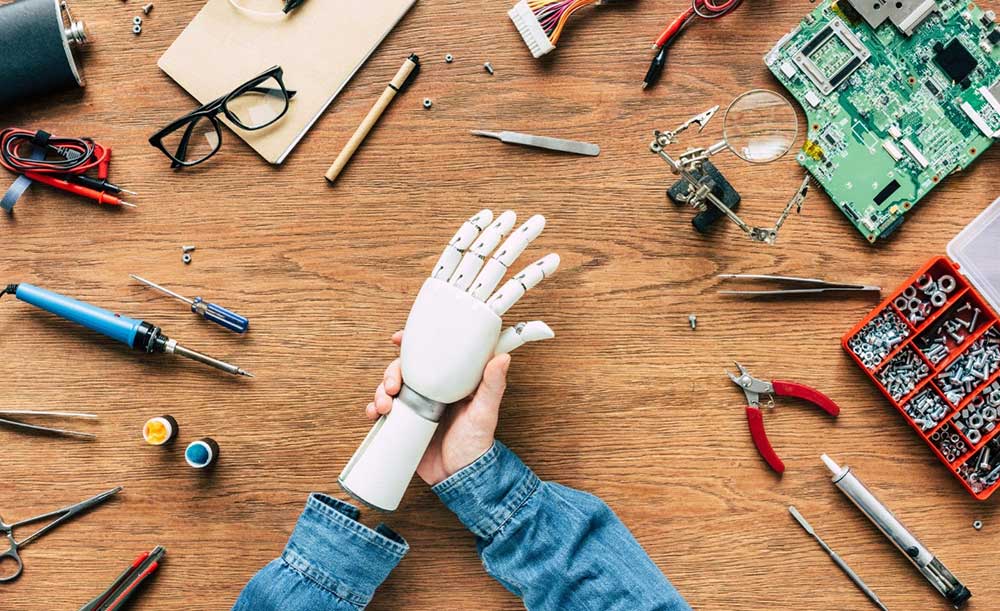
Dec. 31 - From new limbs to stem cells, we’ve seen some of the biggest leaps in technology and treatment in the 2010s. Here's a look at three amazing advances and innovations in health and science.
AUSTRALIAN MAN BECOMES FIRST ROBOTIC KIDNEY TRANSPLANT RECIPIENT IN THE WORLD
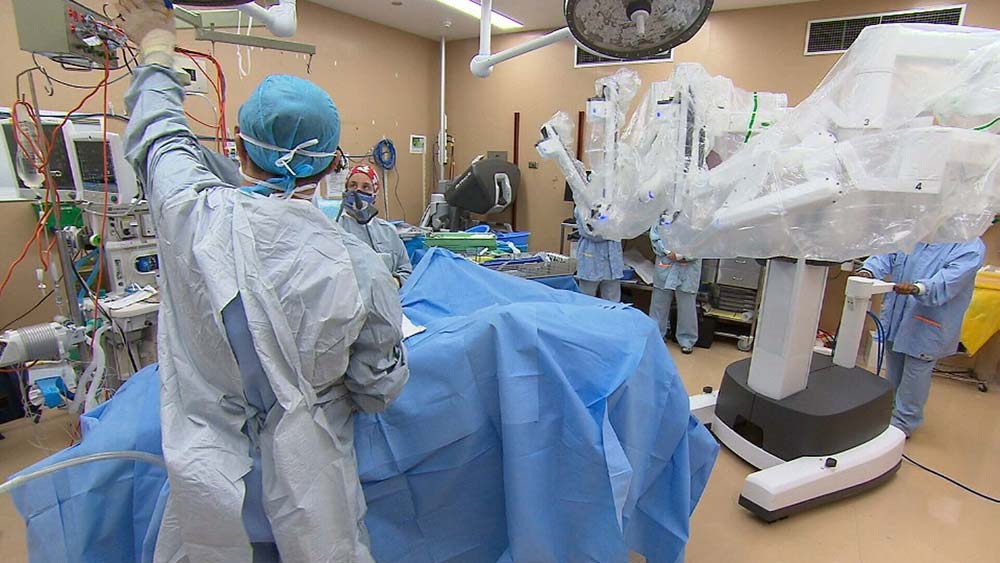
Dec. 23 - Tim Sawley was suffering from end stage renal failure and given a 50 percent survival rate beyond 5 years. Sawley received a kidney from his wife, which was transplanted using the Davinci surgical robot.
BODY TEMPERATURE MAY PROVIDE EARLY WARNING FOR GRAFT-VERSUS-HOST DISEASE, A STUDY IN MICE SUGGESTS
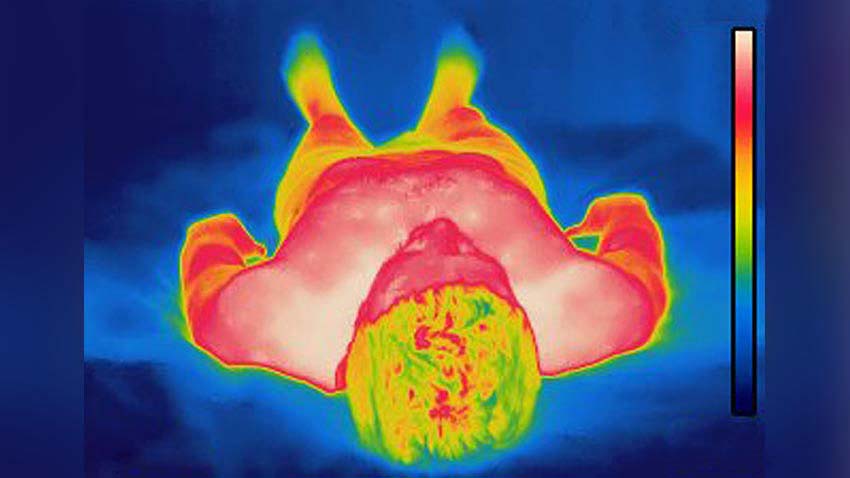
Dec. 30 - Proof-of-concept research points to wearable monitors’ potential to offer low-cost, non-invasive way to detect this dangerous bone-marrow transplant complication.
HEPATITIS C TREATMENTS COULD EXPAND ORGAN DONOR POOL, STUDY SUGGESTS
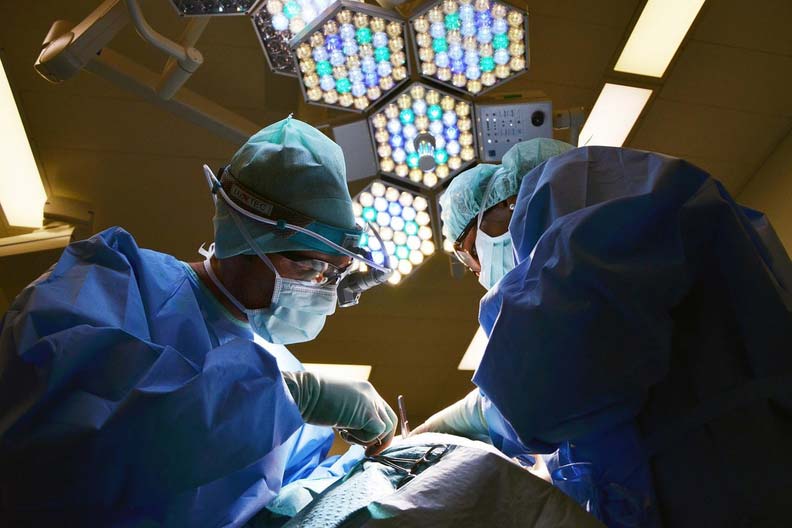
Dec. 18 - When comparing heart transplant patients' survival rates, researchers found no significant differences between patients who received organs from hepatitis C-positive donors and uninfected donors. The study, published in JAMA Cardiology, reviewed 80 heart transplant patients' results.
UPCOMING MEETINGS AND ANNOUNCEMENTS
18th Asian Pacific Congress of Nephrology (APCN)
Contact
Address
The Transplantation Society
International Headquarters
740 Notre-Dame Ouest
Suite 1245
Montréal, QC, H3C 3X6
Canada
Используйте Вавада казино для игры с бонусом — активируйте промокод и начните выигрывать уже сегодня!

